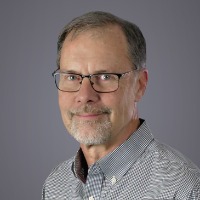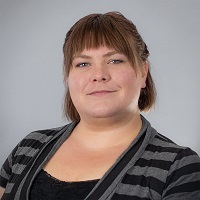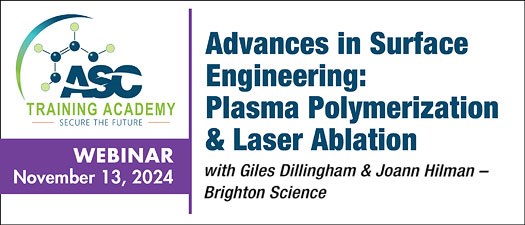Advances in Surface Engineering: Plasma Polymerization & Laser Ablation
You will receive an email with a link to the GoToWebinar form once your registration is processed
Event Details
Abstract:
This webinar will cover the fundamental requirements of surface engineering (including critical cleaning, surface treatment, and surface engineering via functional coatings) for bonding, coating and sealing in critical applications. The importance of control of material pre-cleaning processes prior to further treatment is often underappreciated and will be discussed. Laser ablation, a relative newcomer to the surface engineering toolbox, is gaining new users everyday because of its unique ability to create extremely clean surfaces with controlled texture that in some cases demonstrate excellent durability due to improved corrosion resistance. Plasma cleaning (to remove small amounts of contaminants), plasma treatment (to chemically functionalize surfaces), and finally plasma deposition (to create functional barrier coatings) are becoming mature process alternatives for surface engineering that can be economical methods for achieving interfaces with superior strength and durability compared to traditional wet chemical treatments. Attendees will learn the basics of each technique along with pros and cons of each.
Objectives:
- An appreciation for the requirements for high-performance surface treatments for critical bonding and coating
- Surface cleaning and surface treatment versus functional coatings
- An understanding of the fundamentals of laser ablation and process parameters
- Plasma treatment versus plasma deposition for for creation of strong, durable interfaces
- Relative advantages and disadvantages of these techniques for surface engineering
Agenda:
- Requirements for high-performance surface preparation processes: What drives adhesion?
- Cleaning vs surface treatment vs functional coatings: the hierarchy of surface engineering processes
- Plasma treatment and plasma deposition of functional barrier coatings
- Laser ablation: Material-dependent effects of wavelength and pulse duration on morphology, chemistry, and properties
- Balancing performance and economics when choosing surface engineering processes
Who Should Attend:
This is an ideal webinar for professionals in technical roles serving in the transportation and consumer products markets. Technology Managers & Directors, R&D scientists, chemists, technical service, manufacturing and process engineering folks will gain critical information about the various surface engineering techniques by attending this webinar.
SPEAKER
Giles Dillingham Ph.D.
Founder & Chief Science Officer, Brighton Science

Giles Dillingham, Ph.D. is fascinated with the connections between the invisible (the molecular structure of the world around us) and the perceivable (the properties and behavior of materials and objects).
Throughout the past two decades, Giles has worked alongside the best and brightest, from the laboratory at Dow Chemical Company to HiTech Polymers, finally at the University of Cincinnati is where his passion for adhesives and surface energetics flourished. He's been developing Brighton Science (formerly BTG Labs) since 2001 and is delighted to see it turn into the Surface Intelligence world-leader it now is.
Joann Hilman
Senior Physicist, Brighton Science

Joann Hilman is a physicist specializing in surface treatment effects and remediation processes at Brighton Science’s Materials and Processes Lab. In this role, she conducts critical research on the interactions between materials, adhesives, and coatings, utilizing advanced spectroscopy techniques such as x-ray photoelectron spectroscopy. Their work also extends into pioneering new technologies for surface inspection, enhancing the capabilities of materials science research.
Joann earned a Master’s degree in condensed matter physics from the University of Manitoba in October 2020. With over six years of experience in research laboratories, Joann has developed a deep expertise in sample synthesis, data collection, and analysis. With extensive training and proficiency in the use of advanced scientific instruments like Mossbauer Spectroscopy and Magnetic Properties Measurement Systems have solidified their reputation as a leading expert in the development of magnetic nanomaterials.

